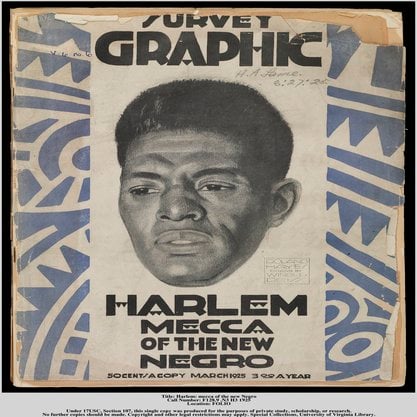Article
Auden, Wystan Hugh (1907–1973) By McNeill, Dougal
Article
Wystan Hugh Auden (1907–1973) was an essayist, librettist, anthologist, teacher, and, above all, poet, active in the literary cultures of both Britain (c.1927–1939) and the United States (1939–1973). Best known for his gnomic, obscure early poems full of apocalyptic imagery of a society in ruins and his later, more relaxed and Horatian verse of home and city, Auden was, in his lifetime, often discussed by critics and readers as either the English Auden or the American Auden, his post-war American work, for some, marking a decline from the rangy excitability and political commitments of his earlier English writing. Assessments in the decades since his death, however, have tended to stress continuities across the poet’s career: an abiding interest in, and fluent confidence with, a dazzling array of verse forms; an interest in the poet’s civic responsibilities; a determinedly unromantic attitude to both poetry as a craft and the natural world as human habitat; and a poetic project focused on the possibilities, and responsibilities, of love in its varieties, personal, social, ethical. Auden’s literary executor, Edward Mendelson, called him ‘the first poet writing in English who felt at home in the twentieth century’ (1976: ix); his modernism takes twentieth-century technology, mass culture, and political democracy as simple facts of contemporary life in a way quite different to the agonised mix of fascination and repulsion that characterised his predecessors W.B. Yeats, T.S. Eliot, and Ezra Pound. Auden’s work draws on these modernists, with Eliot an important reference point for his early work’s fragmented style and Yeats an interlocutor, most famously in his poem ‘In Memory of W.B. Yeats’ (1939), in his experiments in public-facing political poetry in the 1930s. Eventually, however, they join a wider poetic canon, from Thomas Hardy to Dante to Goethe, forming part of a constant conversation across Auden’s later work.


